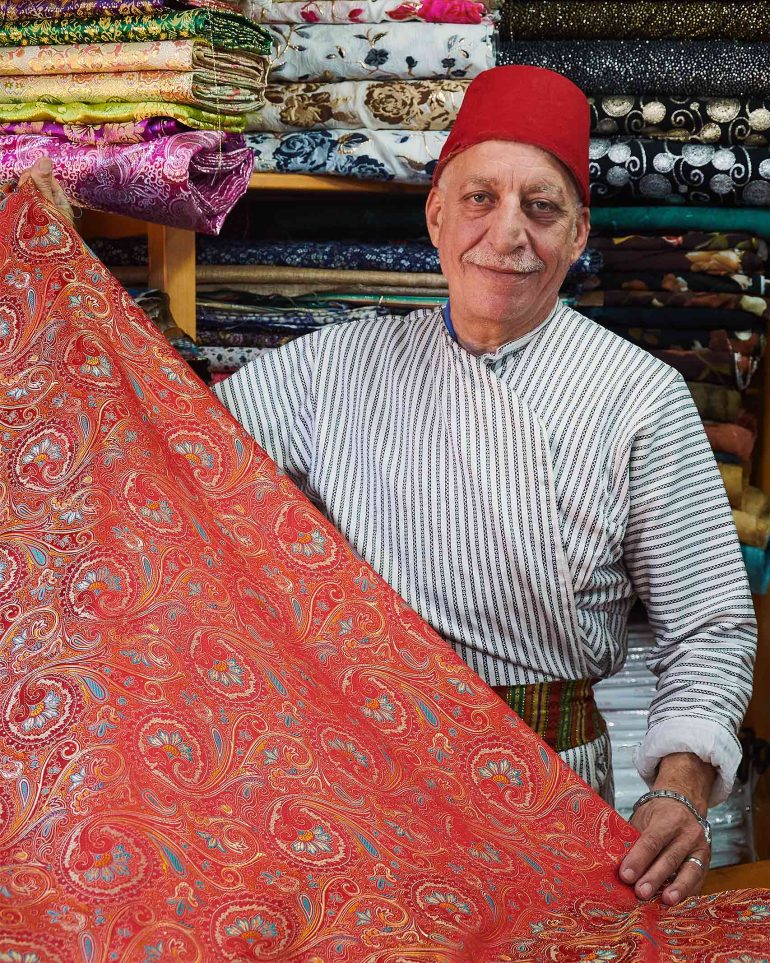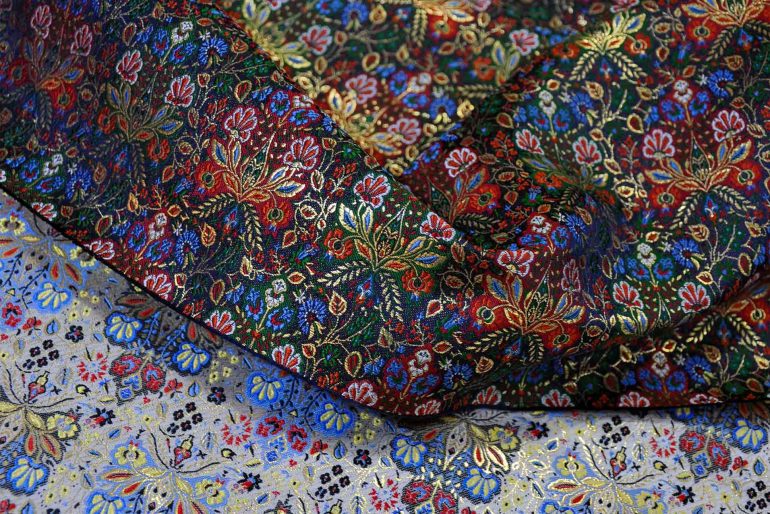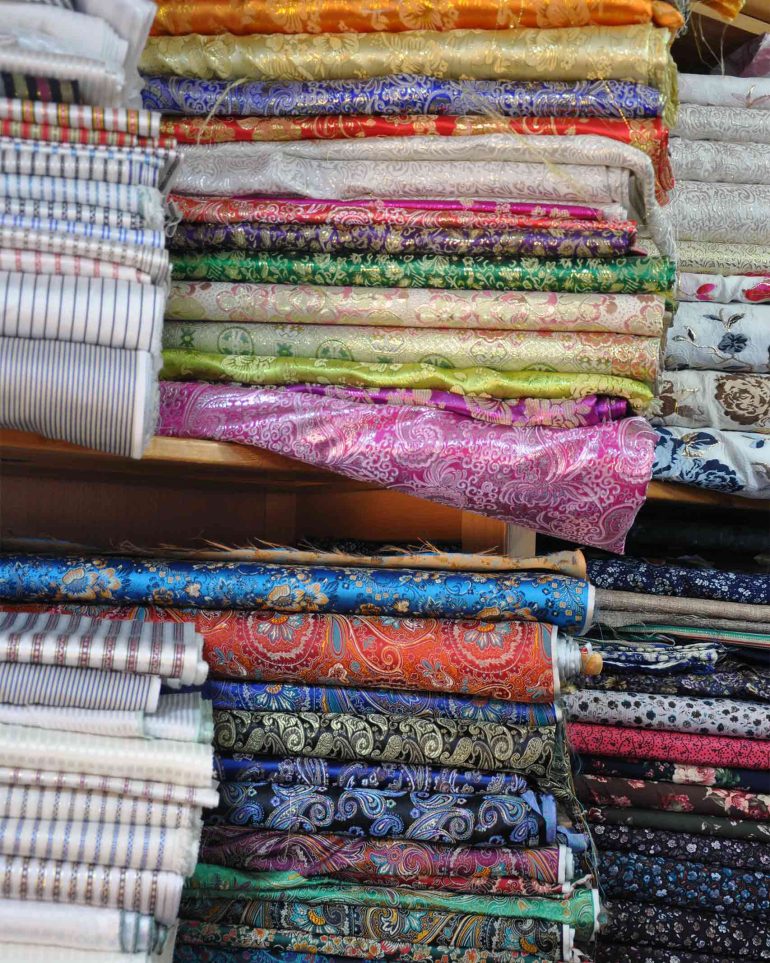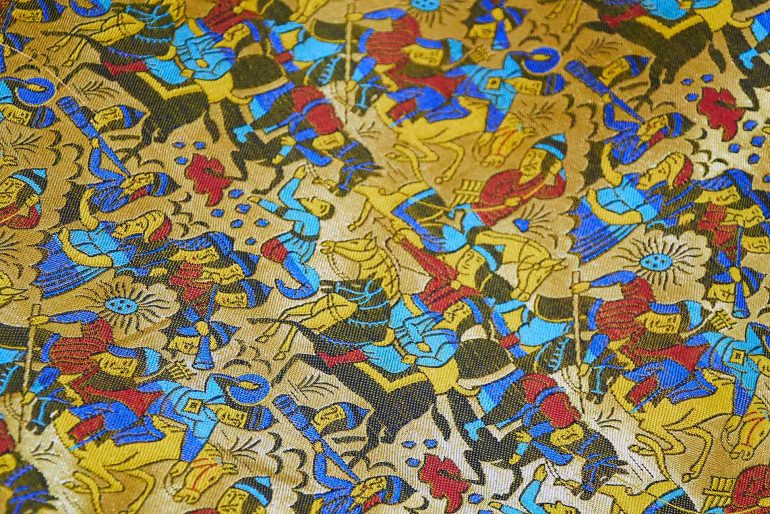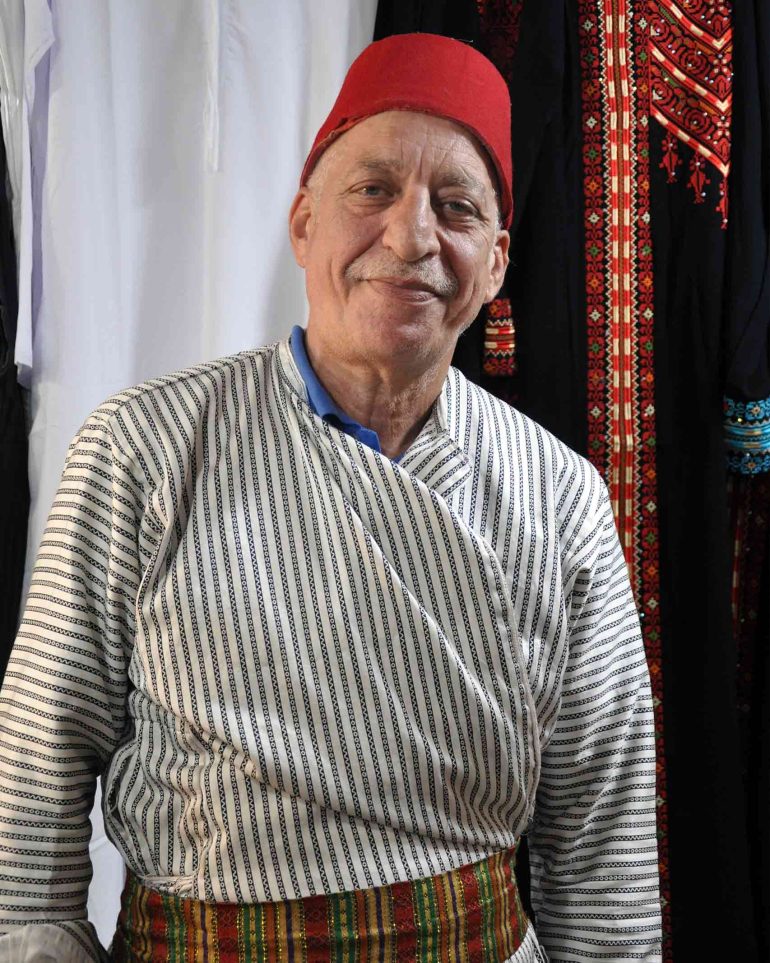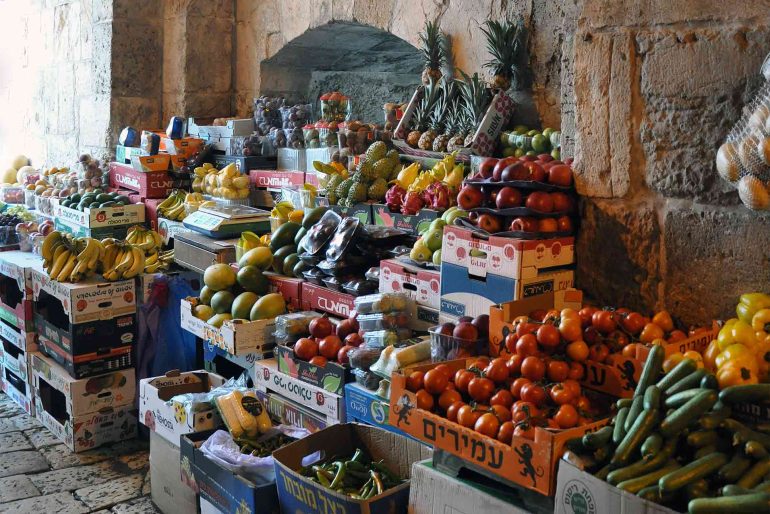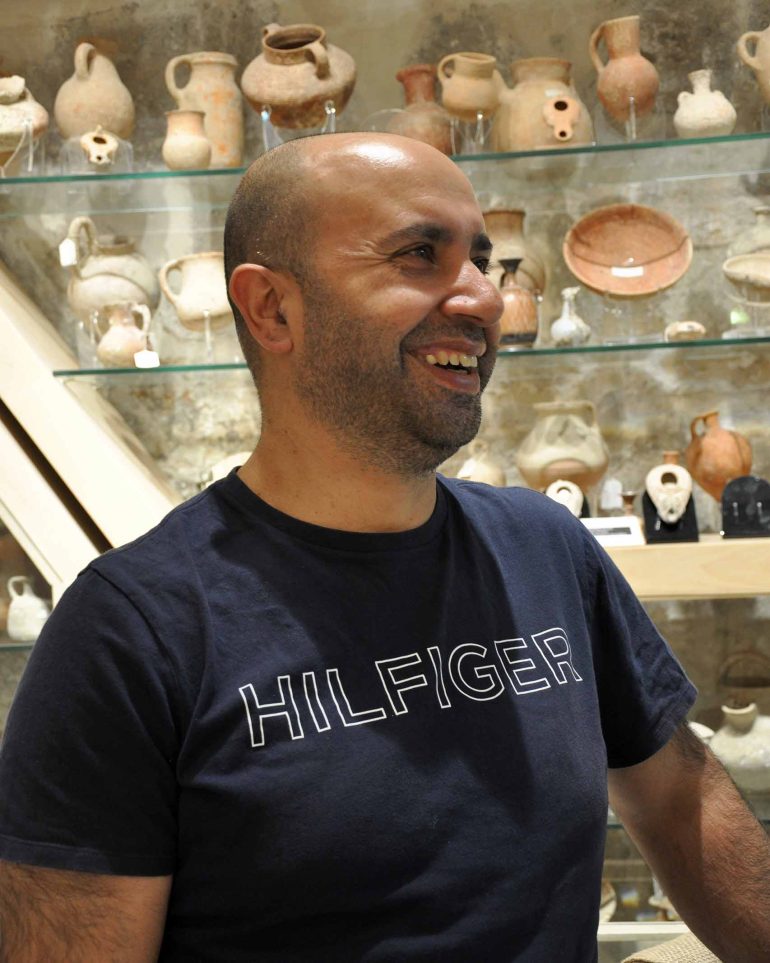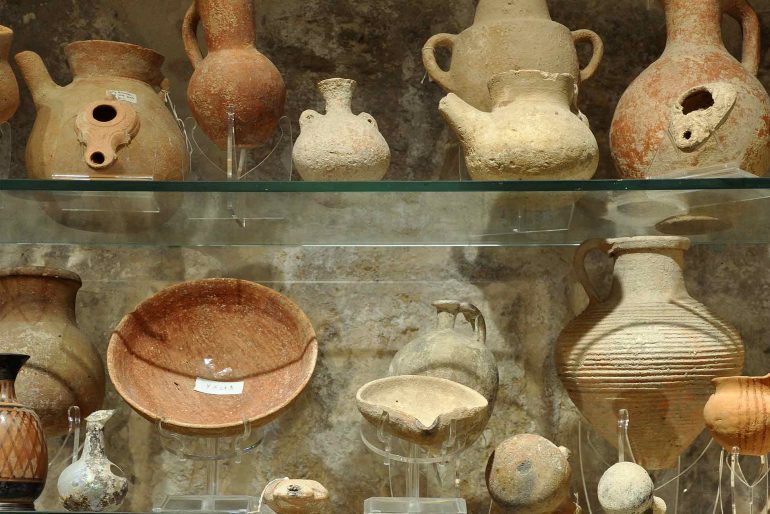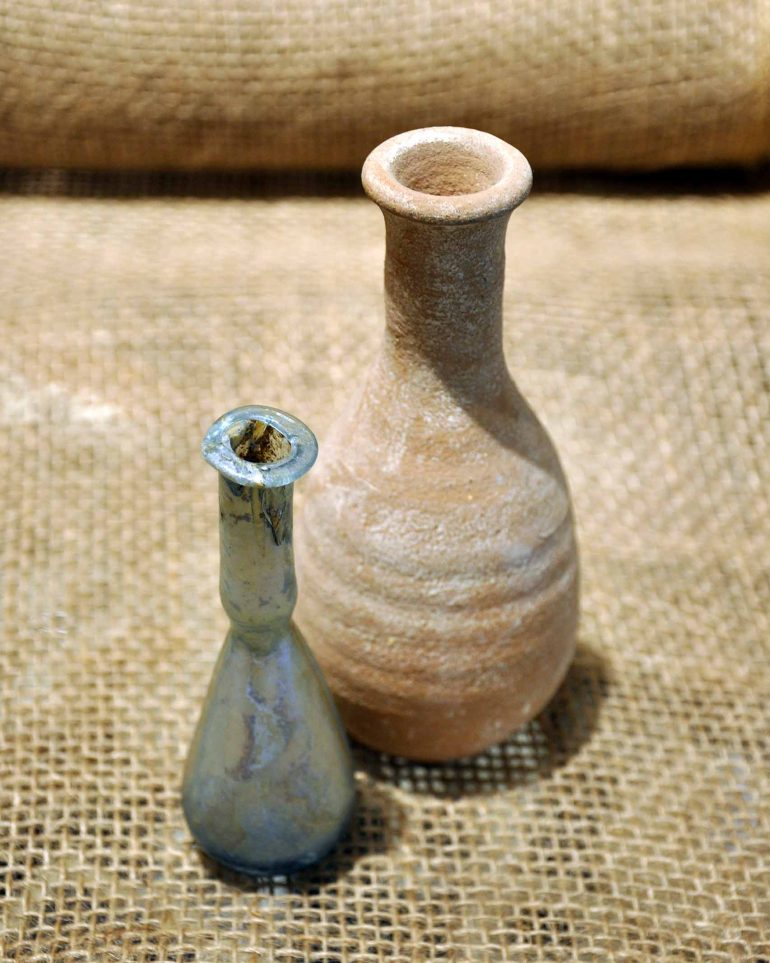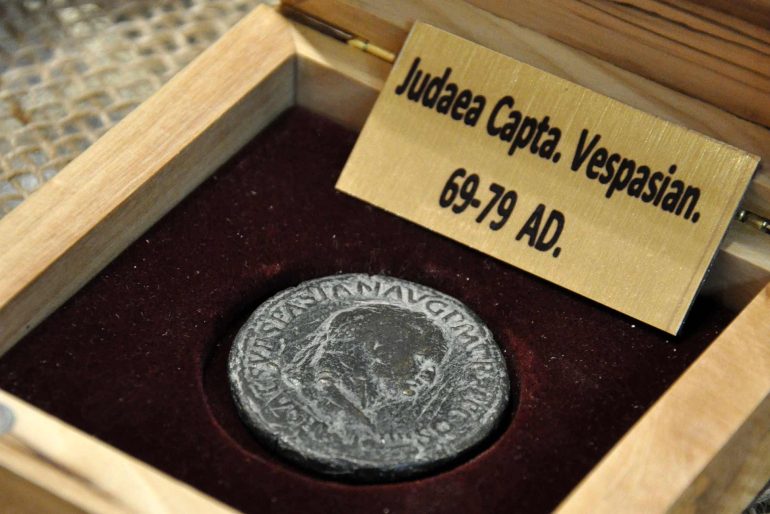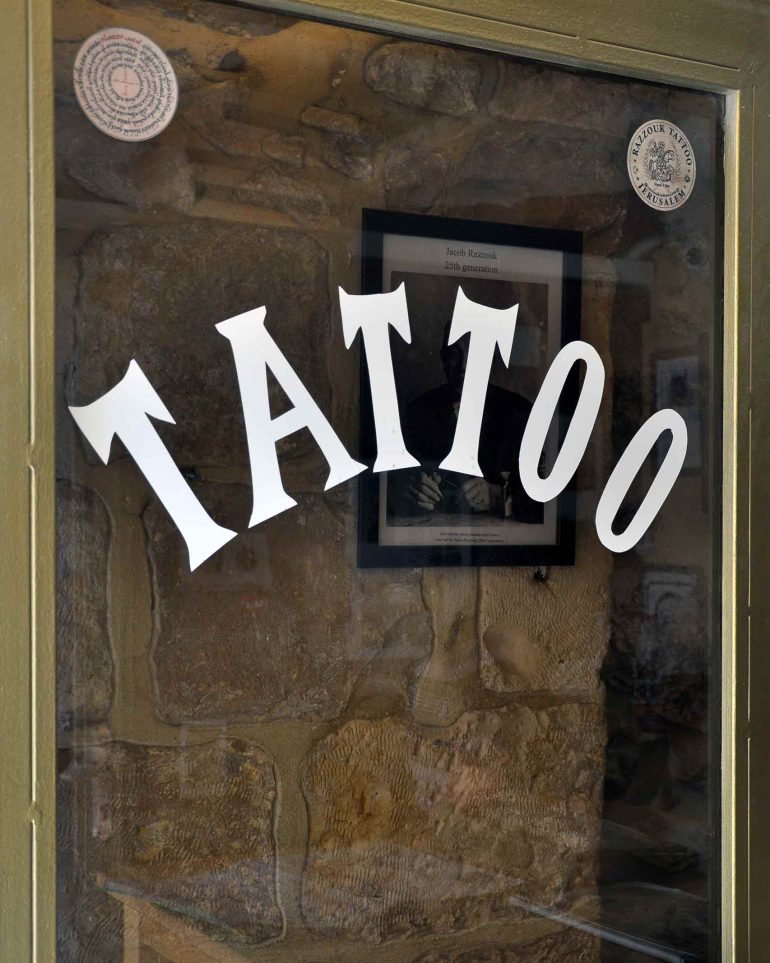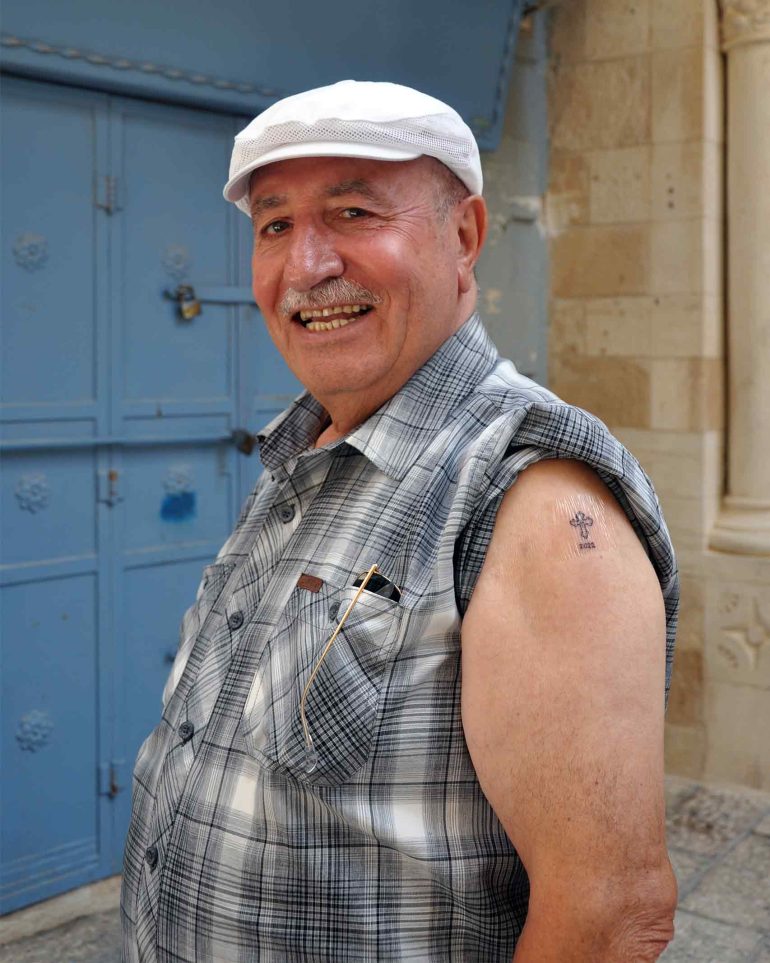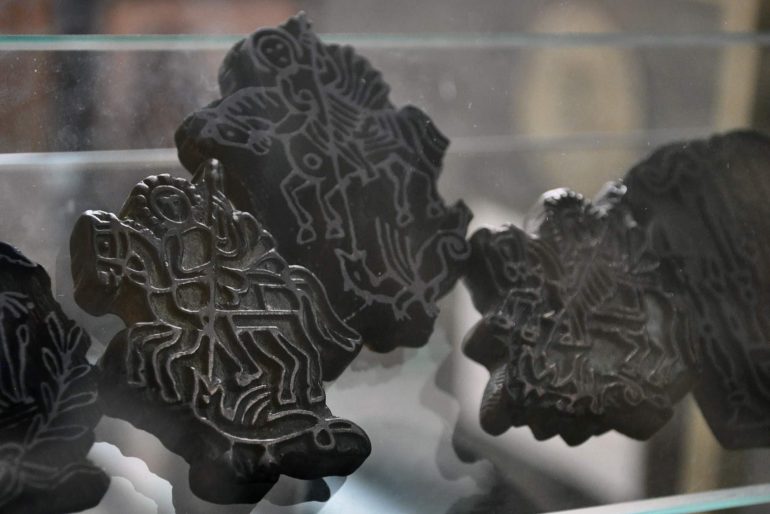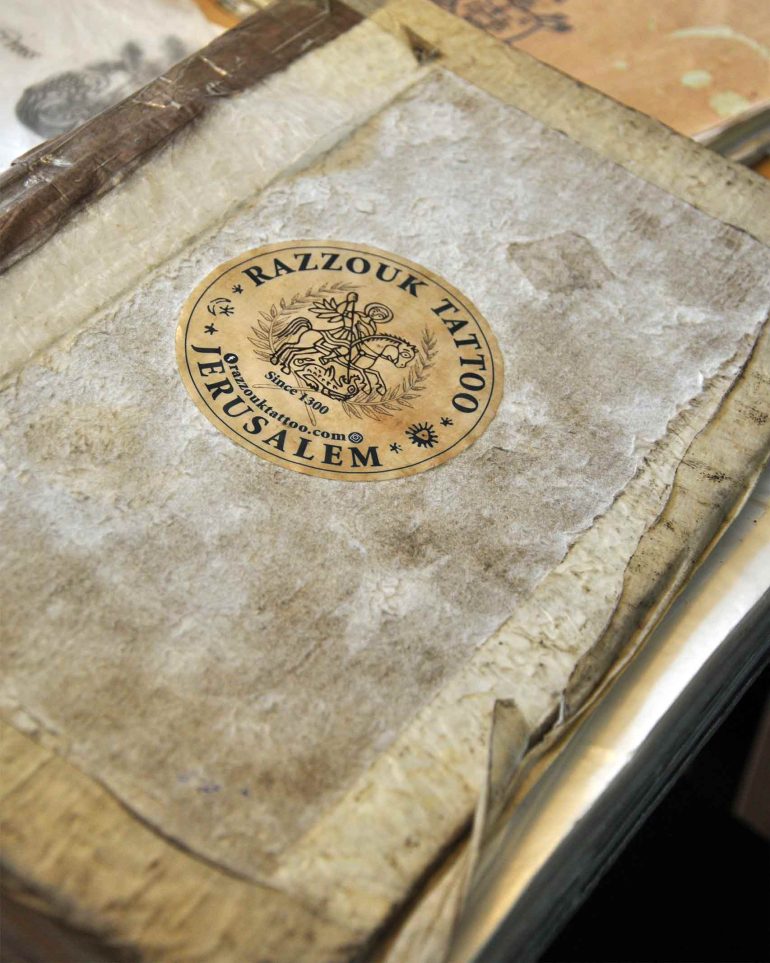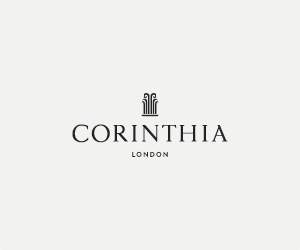Jerusalem is a city of contrasts like few others: biblical sights sit next to Jewish heritage, Islamic architecture and Armenian monasteries. But as visitors walk along narrow cobblestone streets, making their way from one holy site to the next, they’ll also come across a number of original merchants and stores that make this an utterly unique shopping destination.
Paris. Milan. Jerusalem. It’s not quite the most obvious of enumerations, but Israel’s ancient city only reveals its status as a shopping haven at second glance. And knocking on creaky doors or venturing into tiny stores under arcades laden with all sorts of bric-a-brac, what you’ll find isn’t exactly ‘fashionable’, either. It’s better.
‘I’m closing for today, but come back for lunch tomorrow’ says Zak Mishriky, owner of Zak’s Antiquities, a shop near the Church of the Holy Sepulchre: ‘You eat meat?’ ‘Actually, no’, we say. ‘How about fish?’ ‘No’. ‘And eggs?’ ‘Nope’. ‘Dairy?’ ‘Never’. ‘But women! You must like those?’ ‘Actually, about that…’, we begin to explain as Zak bursts into fits of laughter. If Jerusalem’s shopkeepers take hawking to intense levels, Zak embodies a pleasant antidote. It comes with the territory of selling authentic antiques.
Rich in artefacts, Israel is among few countries globally allowing antiquities trade and export. But not all dealers hold the required license: ‘We only sell legitimate objects that are certified to have been handed down through generations. You can’t excavate for new findings, meaning there’s a limited amount of artefacts’, explains Zak. In his shop, visitors can discover museum-worthy pieces from oil lamps and coins dating back to the time of Jesus Christ (some repurposed as jewellery) to Roman tear collector bottles or entire church floors – though the latter can’t leave the country.
It’s only one of many exceptional stores around town, and a nearby treasure trove run by Bilal Abu Khalaf is another. Jerusalem’s prime merchant of oriental fabrics, Khalaf sources one-of-a-kind Indian khadis, Moroccan brocades and Syrian silks interlaced with gold thread. His clientele, tourists from around the world, regularly take these handmade textiles to their tailor of choice back home. Should iridescent suits with exotic patterns not be a thing in your office, however, a cushion cover or a framed fabric with exquisite embroidery works wonders to elevate any space.
There’s also Razzouk, said to be the world’s oldest continuously operating tattoo parlour. Currently under the management of Wassim Razzouk, the business was founded by his ancestors a whopping 700 years and 27 generations ago. ‘People come to Jerusalem for a spiritual pilgrimage. And many want to become part of the Holy City’s history’, the staff explain. ‘That’s how we differ from others – we use our family’s original stamps for tattooing, with the oldest stencils dating back over 500 years. It means that pilgrims can get the exact same tattoo here that pilgrims have been getting since 1,500 AD’.
It’d be easy to dismiss Jerusalem’s retail scene as a giant cabinet of curiosities, exciting to discover, but with little real value. Some stores truly aren’t worth your time, and we won’t judge you for walking past the Chinese-made trinket stalls. But speciality shops and businesses support crafts worth saving and uphold local traditions, among them hospitality. ‘I know you don’t eat anything I like’ says antiquities dealer Zak Mishriky when we return, as promised, for lunch: ‘But I bought some baklava and mint tea. Perhaps we could share those?’
www.zaksantiquities.com | www.razzouktattoo.com
Photography by Steffen Michels


